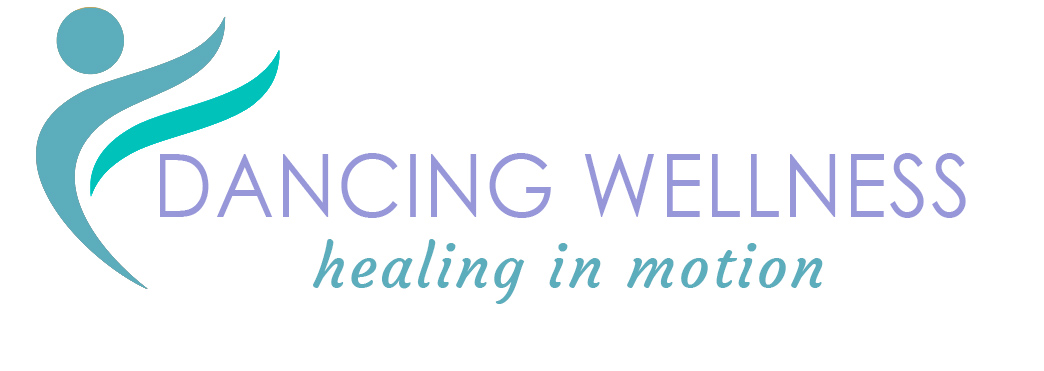The Joy of Learning
One of the things I love about my work is that in order to keep my accreditations so that I can teach, I have to keep learning. I don’t look at this as a burden, but rather as a benefit of doing what I love. Through learning new techniques, studying recent research findings, observing colleagues, reading articles, not only am I guaranteeing my credibility, I am enhancing my knowledge base, improving my creativity and ensuring my students will get the best I can offer. I never tire of learning.
I recently spent time earning my credits with a Stott Pilates Master Trainer at her studio in Beverley. We discussed not only new fitness routines, but also using props, modifying exercise for injuries, creating fun and innovative choreography and improving fascial awareness. I told her that because of the deep knowledge that Stott Pilates imparts to us as fitness educators, we are then able to educate our students on being their own advocate for health. If we realize our responsibility is not just to teach an exercise, but also to demonstrate to our students why they are doing something, they leave with a much richer experience they can take home with them and into other aspects of their life.
In my Advanced Dance for Parkinson’s Training, which I attend annually at Mark Morris Dance Group in Brooklyn, we have workshops with several major dance companies (including New York City Ballet), and musicians who help us to understand the technical and aesthetic nuances so we can choreograph better, an Improvisation workshop with a dance professor from Wake Forest university where she collaborates with a neurologist on research on dance and other movement for Parkinson’s and Alzheimer’s. She spent several hours teaching us improvisational techniques, and then gave a scientific presentation prepared by the neurologist with Functional MRI’s at the beginning and then six months after a Dance Class intervention which includes improvisation. The later MRI’s prove new neurotransmitters (neuroplasticity) are significantly activated through these classes. Outside of class, we are expected to study www.danceforparkinsons.org which is the official website. Students can access articles and research, both neurological scientific research and philosophical articles on dance as it relates to neurodegenerative disorders.
